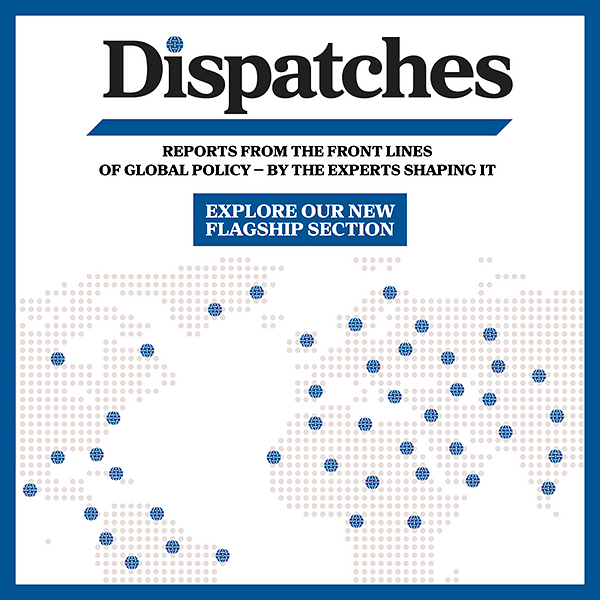Asian Ex-Officials Map Path to Peace In and Around Afghanistan
A team of sixty former officials and other experts from Afghanistan, Pakistan, India and neighboring countries is lobbying those governments to stabilize the region by restoring Afghanistan’s strategic neutrality at the center of Asia. The group, including ex-ministers, diplomats and legislators, as well as scholars, has drafted a roadmap to defusing regional conflicts that, if […]
